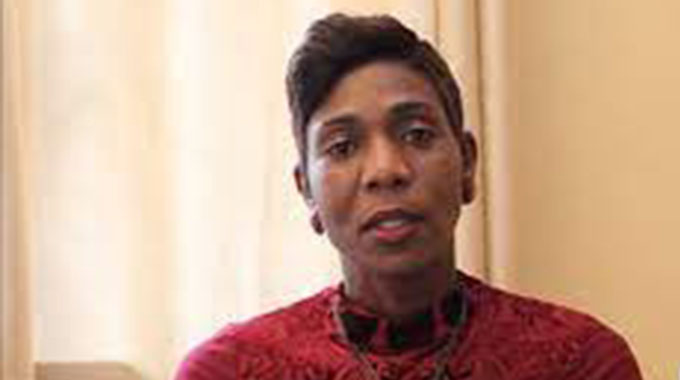Pressure mounts to cull over 30 000 elephants

Robin Muchetu and Leonard Ncube in HWANGE
THE continued growth of elephant population in Zimbabwe is causing severe ecological problems and serious conflicts in communities adjacent to national parks, Environment, Climate, Tourism and Hospitality Industry Minister Mangaliso Ndlovu has said.
Minister Ndlovu reiterated the need for African states to re-engage on the contentious issues around wildlife conservation to come up with a hybrid set of recommendations that could be tabled to the international community and solve conservation challenges.
He said if uncontrolled, the country was likely to struggle to control the animals whose population is growing at a rate of 0,5 percent per annum.
Minister Ndlovu was speaking on Tuesday on the sidelines of the African Elephant Conference in Hwange where member states that share the same vision with Zimbabwe seek to find solutions on the ban of ivory trade and culling of elephants by the international community.
Zimbabwe is estimated to have close to 100 000 elephants versus 5 million hectares of land, which is 13 percent of the country.
Minister Ndlovu said holding the conference in the national park was significant in that it was a befitting venue because of its proximity to Hwange National Park.
“As you would know, in Hwange National Park we have close to 45 000 elephants yet the capacity is close to 15 000, so it clearly showcases the case that we are preaching to the world that if we are not careful, we will continue to make decisions that are not grounded on reality,” he said.
“In a very short space of time, we will find ourselves struggling to contain the elephant situation.”
Chiefs in Matabeleland North say they want Zimbabwe to be allowed to trade in elephants and their products to reduce population of the jumbos and cases of human-wildlife conflict.
Speaking on behalf of other chiefs, Chief Dingane-Nelukoba of Dete in Hwange district said communities living next to national parks, including in other parts of the country, were suffering because of wild animals which destroy crops, infrastructure and kill people.
Hwange has five chiefs and all of them share the border with Hwange National Park.
Lupane and Tsholotsho are also affected as they border with the giant game park while in Binga communities also bear the brunt of wildlife from Chizalila National Park and Zambezi valley.
Chief Dingane-Nelukoba said at some point, two people were killed by elephants in one week in his area.
“I am here representing all traditional leaders in our area and I support the idea of culling elephants.
“We always talk about this and our common position is that elephants should be sold the same way they were sold long back , this is not poaching,” said Chief Dingane-Nelukoba.
He implored the Government to engage traditional leaders and communities to get first hand experiences about their co-existence with animals.
There has been debate on whether countries should trade in elephants which are classified as endangered because of the declining world population.
Chief Dingane-Nelukoba, who was accompanied by a villager from his area Mr Hanganani Dube (75) who fractured a leg and suffered permanent disability after being attacked by elephants last year, said communities were not benefiting from the animals in their areas.
“They are killing our people and sometime two die in a week. People get injured and are not compensated, so we should be allowed to sell them and get something. Governments used to sell ivory and we wonder why this changed and now we suffer because of growing elephant population.
“As a community we are not deriving any benefits from the animals so they should allow us to sell our tusks openly so that the money can be ploughed back to communities through community share,” he said.
The chief said communities should be allowed to attend COP meetings to share their experiences.
He said those that proposed a ban on trade ivory trade were anti-African.
“These animals are a problem. As we speak they are camped behind my homestead and we can’t move. We need a strong resolution to allow hunting of elephants. A farmer with 500 cattle call sell some of them to take care of the herd, why can’t this apply to elephants?” he asked.











Comments